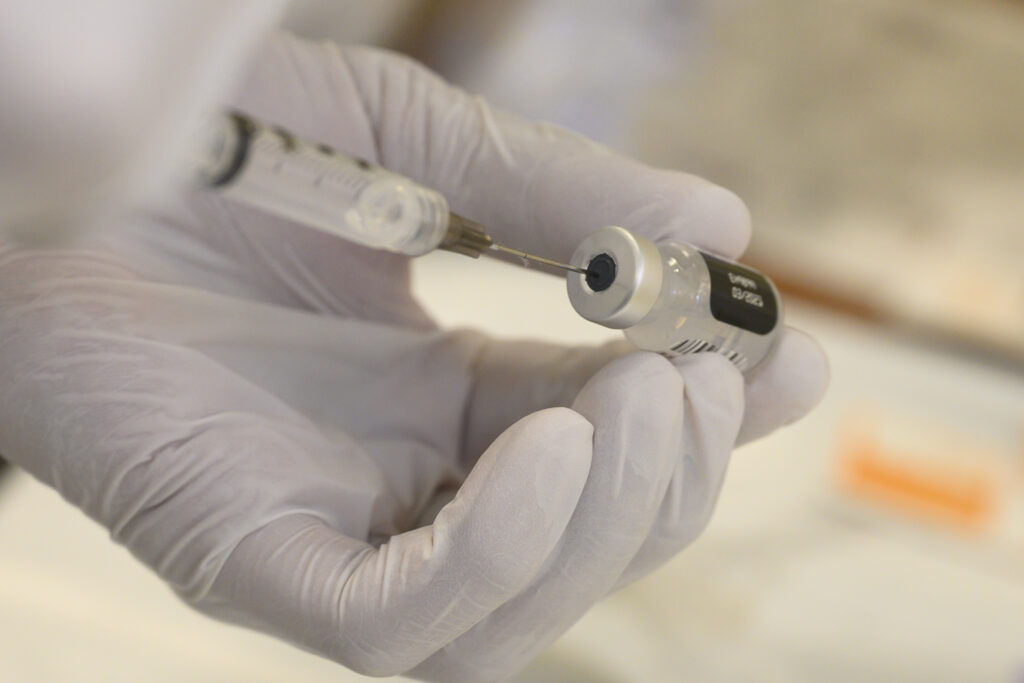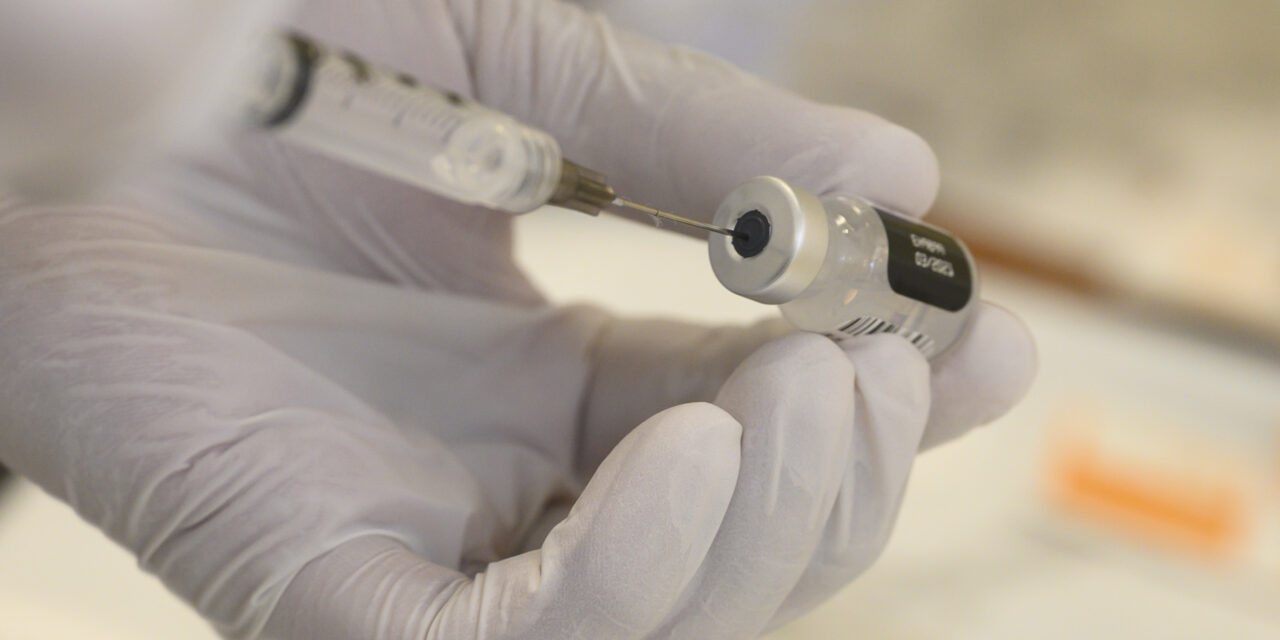Emory University and Stanford University (Calif.) researchers reviewed the efficacy of COVID-19 booster shots in a Jan. 12 study published in the New England Journal of Medicine. The data demonstrated an overall benefit to those who took bivalent booster immunizations when compared to the original monovalent booster.
The bivalent booster protects against both the alpha variant — the original 2020 variant — and the Omicron variant, while the monovalent booster only protects against the Alpha variant.
The study compared three cohorts: a group who received one monovalent booster against the Alpha strain, a group who received two monovalent doses and a group who received a bivalent booster designed to combat both the omicron and alpha variants.
In a correspondence letter, the authors of the study wrote that current concerns surrounding booster shots’ efficacy began when the omicron variant emerged because COVID-19 strain mutations enhanced the virus’s ability to evade antibodies produced by the vaccines. This prompted the researchers to test subsequent booster vaccines’ efficiency against the alpha and omicron subvariants.
According to Emory Vaccine Center Associate Professor Mehul Suthar, whose lab tests samples of infected individuals through nasal swabs, the study revealed that individuals who only received one monovalent booster were well protected from the alpha variant. However, the monovalent booster was less effective against the omicron variants, as almost none of the individuals had positive omicron titers, which are tests that measure the amount of antibodies in blood.
“The meat of this thing is that, when we now analyze individuals that received a bivalent, second booster dose … we see an improved neutralizing antibody response,” Suther said. “We’re seeing our immune system sort of be broadened and shaped towards an Omicron-specific response.”

Emory and Stanford scientists measure efficacy of monovalent and bivalent COVID-19 booster shots. Courtesy of Wikimedia Commons
mRNA vaccines
Moderna and Pfizer-BioNTech both manufacture messenger RNA (mRNA) vaccines, which inject mRNA, a molecule involved in the production of proteins, into the body to trigger an immune response. This leads to the production of antibodies, which grant immunity against a given disease.
Hope Clinic of Emory Vaccine Center Clinical Research Coordinator II Matthew Lee, who was tasked with consenting participants, phlebotomy and inputting data online for the study, said that harnessing mRNA to create immunity — a relatively new technology — is a “great” thing.
However, mRNA is encapsulated in a layer of fat, which is a highly inflammatory biomolecule. Therefore, Lee said researchers speculated that the vaccines may lead to myocarditis, which is inflammation of the heart muscle, and pericarditis, which is inflammation of the outer lining of the heart.
“A lot of older adults didn’t really take it very well,” Lee said. “Some of them did very well. Some also never got COVID or didn’t know if they ever had COVID. I’m always curious if there’s potential biases, and I want to see further research and look into obese or people with a lot of diseases.”
Lee added that the mRNA vaccines exacerbated illnesses and caused significant long-term medical issues in patients with preexisting medical conditions, even if their conditions were not related to mRNA.
“I only worry if … introducing a vaccine that utilizes spike protein, which all the mutations actually occur in, typically does that make more mutations, or is it just that people were not getting vaccinated,” Lee said.
The general public is less likely to opt out of the COVID-19 vaccine than the flu vaccine, which has shown to be “efficacious,” Lee said. According to the Centers for Disease Control and Prevention, an estimated 51.4% of Americans received an influenza vaccination in the 2021-22 season, while 79% of Americans have received at least one dose of the COVID-19 vaccine as of August 2022.
According to Suther, the omicron variant is the most dominant variant, so medical professionals are aiming to tailor the booster vaccines. The predominant omicron variant that arose in the United States in December 2021 has since been replaced by newer subvariants, such as the XBB.1.5 omicron subvariant, which was identified at the beginning of 2023.
“I’m hoping this is the last wave, but I highly doubt it,” Suther said. “We’re going to continue to see SARS COVID-19 infections, hoping that we don’t change over to another variant.”






